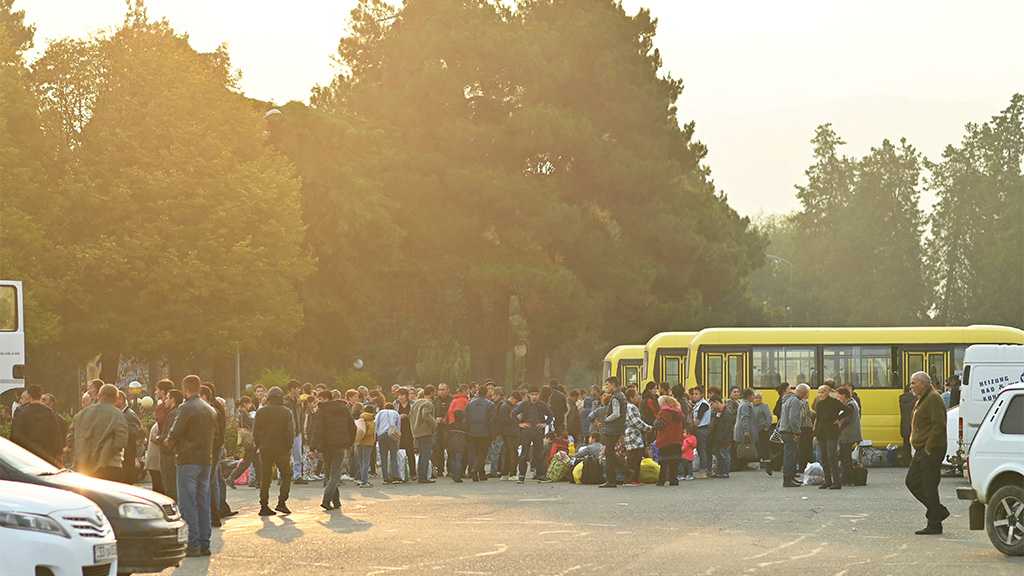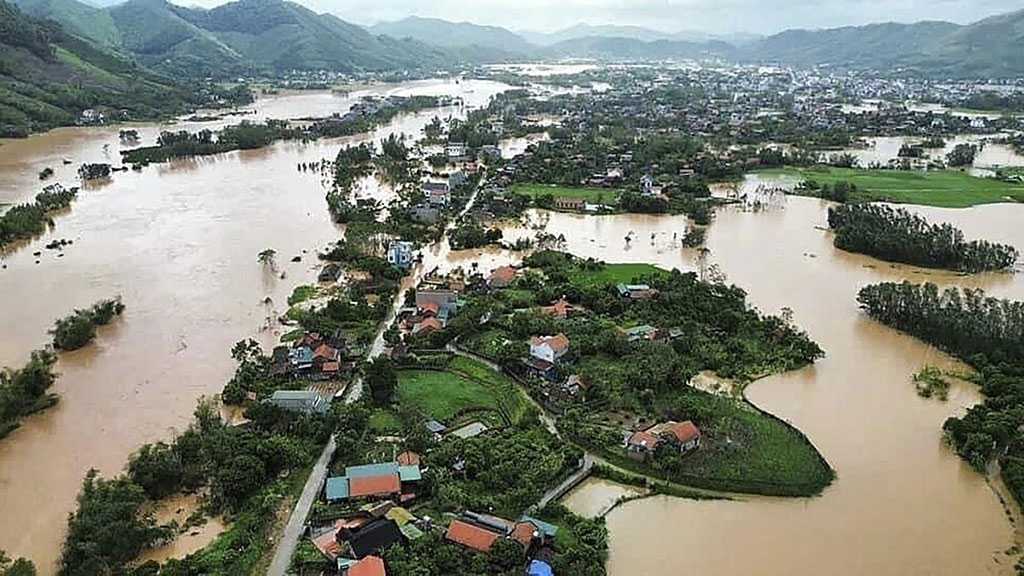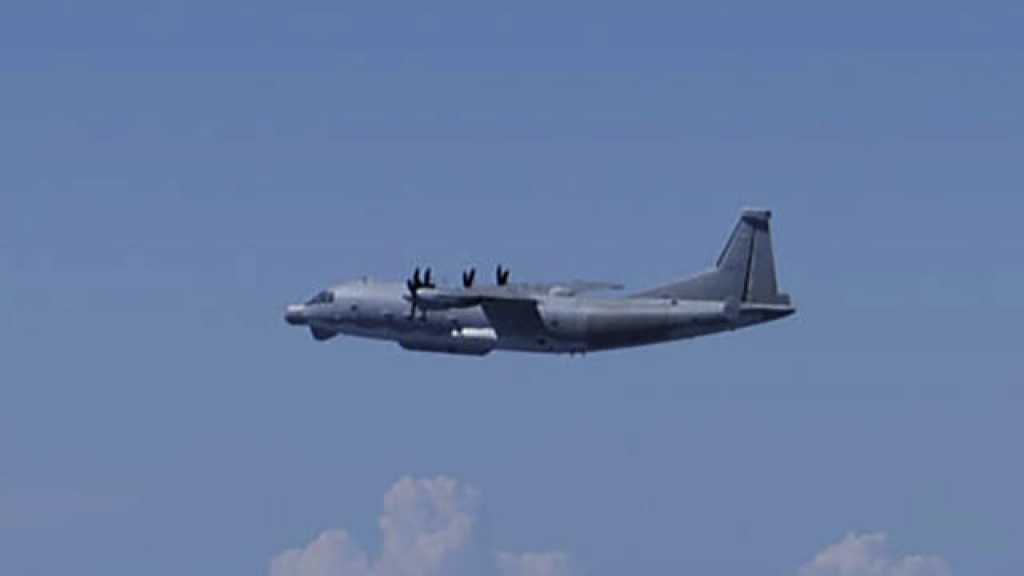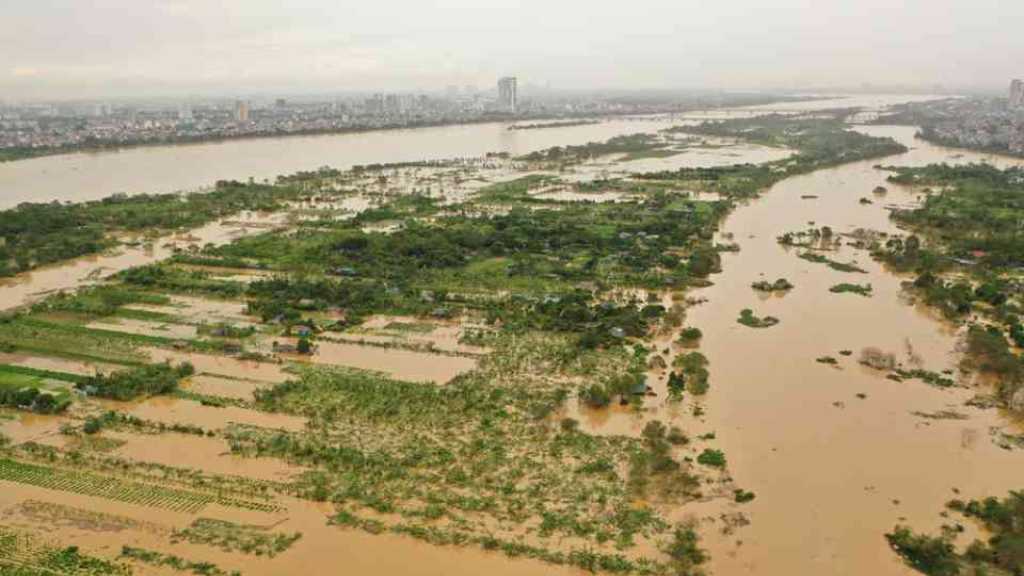Nagorno-Karabakh will Cease to Exist As A State on January 1

By Staff, Agencies
Nagorno-Karabakh authorities have ordered the dismantling of the region’s state institutions by the end of the year, saying that the separatist state will cease existing as of January 1, 2024.
The decision came in a decree signed by the region’s separatist President Samvel Shakhramanyan on Thursday as more than half of the 120,000 ethnic Armenians who used to live in the enclave fled into Armenia following a military operation by Azerbaijani forces last week.
The document cited the ceasefire agreement last week which ended the fighting.
Under the agreement, Azerbaijan will allow the “free, voluntary and unhindered movement” of Nagorno-Karbakh residents.
Baku launched a military offensive on September 19. A day later, separatist authorities said they were forced to lay down their arms and agreed to a Russia-brokered ceasefire.
While Azerbaijan President Ilham Aliyev promised to guarantee the rights and security of ethnic Armenians, decades of distrust, wars, mutual hatred and violence have left many residents of Nagorno-Karabakh skeptical over the possibility of the region’s peaceful reintegration into Azerbaijani territory.
In recent days, long queues of cars have formed on the road linking the region to Armenia. A stream of ethnic Armenians from Nagorno-Karabakh has fled the enclave.
On Thursday, Armenian authorities said more than 65,000 of them have now reached Armenia.
The separatist enclave is internationally recognized as part of Azerbaijan, including by Armenia, but has been populated by a majority of ethnic Armenians who have sought to unify with Yerevan following the collapse of the Soviet Union.
After Azerbaijan and Armenia announced independence in the nineties, Nagorno-Karabakh was at the centre of two wars. Armenians had full control of the territory and several districts surrounding it in 1994.
But Azerbaijan regained control of much of the lost territory in 2020. The wars caused tens of thousands of civilian casualties as well as internally displaced people and refugees on both sides.
Comments
- Related News

Typhoon Yagi: More than 140 Dead in Vietnam
2 months ago


